Stamped Concrete for Durable Outdoor Spaces
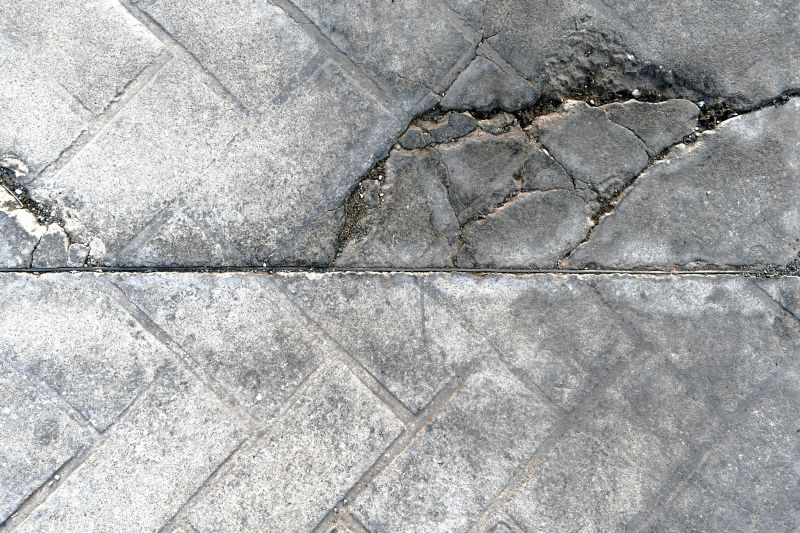
Spring offers moderate temperatures ideal for stamped concrete application, reducing the risk of cracking and ensuring proper curing.
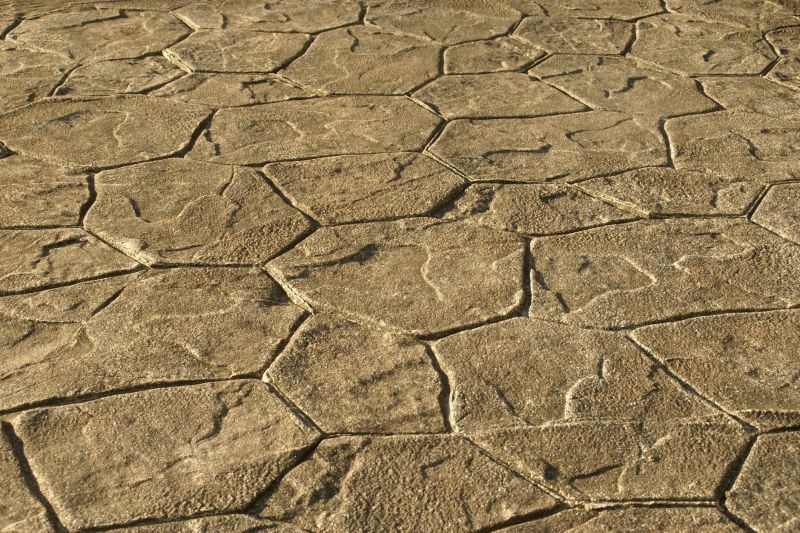
Early summer can be suitable when temperatures are not excessively high, preventing premature drying and surface issues.
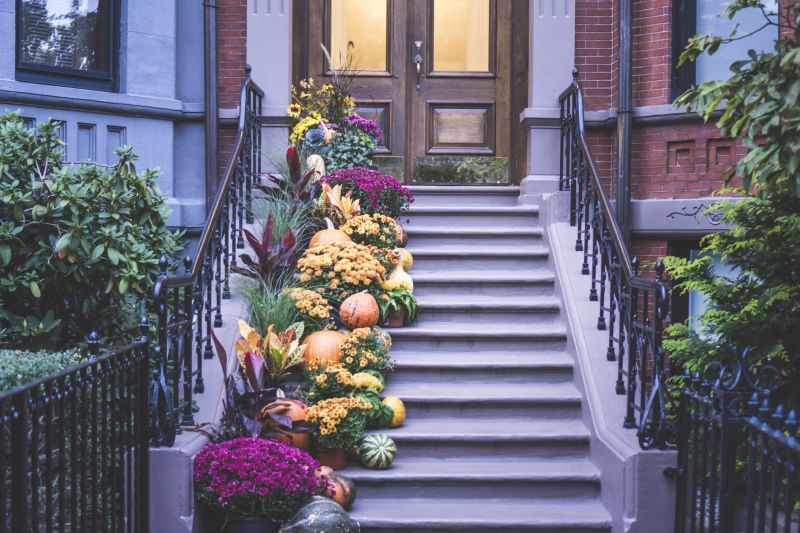
Fall provides cooler weather and lower humidity, which can improve curing times and adhesion for stamped concrete.
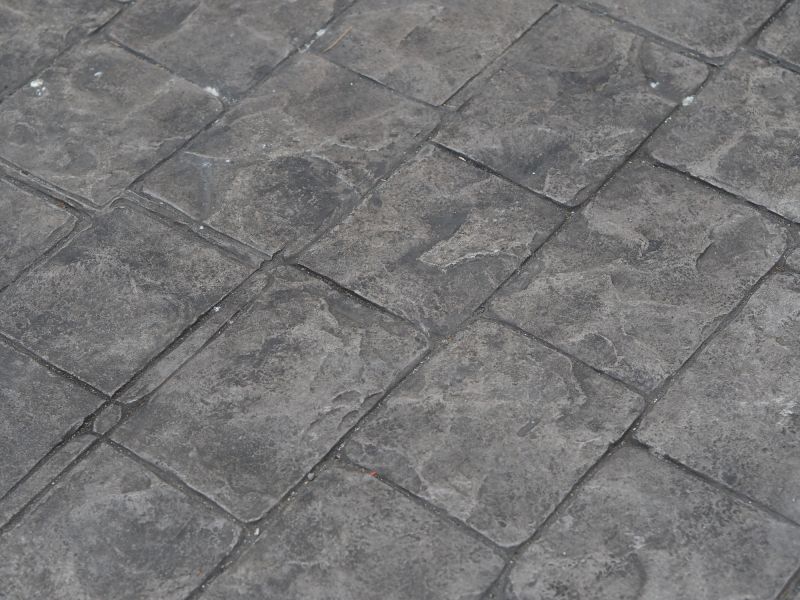
Winter is generally less suitable due to cold temperatures and potential for frost, which can hinder proper setting and curing.
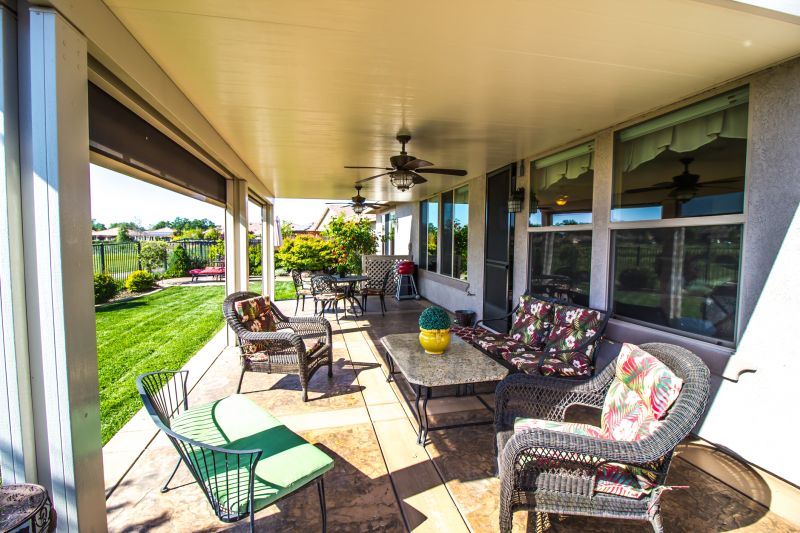
Temperatures between 50-80°F with low humidity are optimal for stamped concrete installation and finishing.
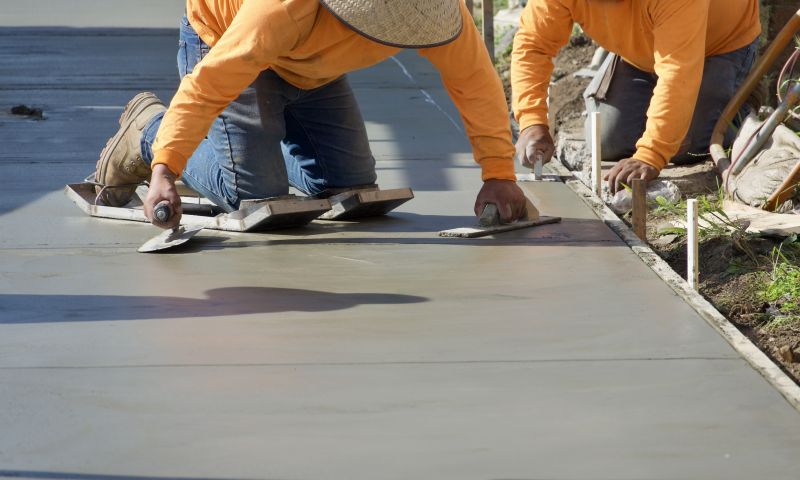
Rain can disrupt curing and cause surface imperfections, so scheduling outside of rainy periods is recommended.
Stamped concrete service enhances outdoor spaces with decorative patterns and textures that mimic natural stone, brick, or slate. It is a durable and low-maintenance option for patios, walkways, and driveways. Proper timing of installation ensures optimal results, minimizing issues such as cracking, surface imperfections, or improper curing. Seasonal considerations play a vital role in achieving a high-quality finish and long-lasting surface.
Statistics indicate that stamped concrete can last for decades with proper installation and maintenance. Its versatility allows for a wide range of design options, making it a popular choice for enhancing curb appeal and property value. The best time for installation depends on local climate conditions, with moderate temperatures and low humidity providing ideal circumstances for a successful application.
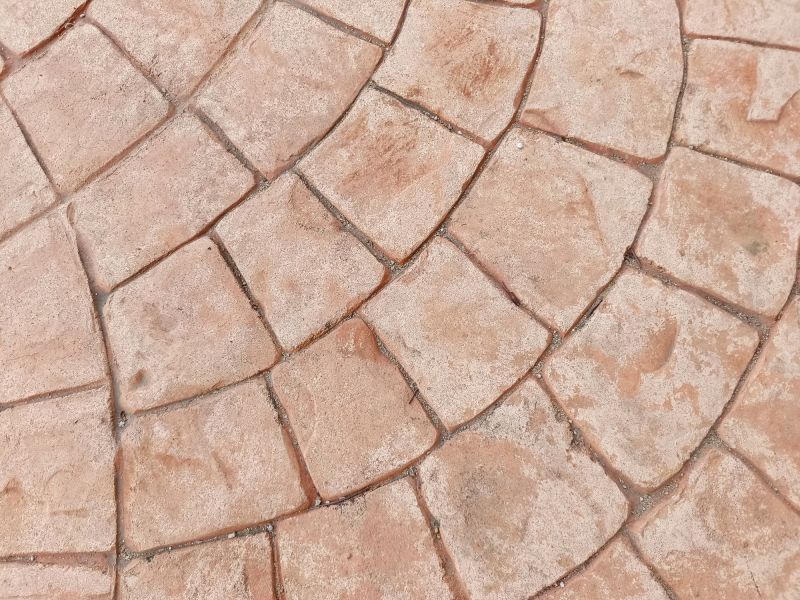
Various patterns and textures can be incorporated into stamped concrete to match aesthetic preferences.
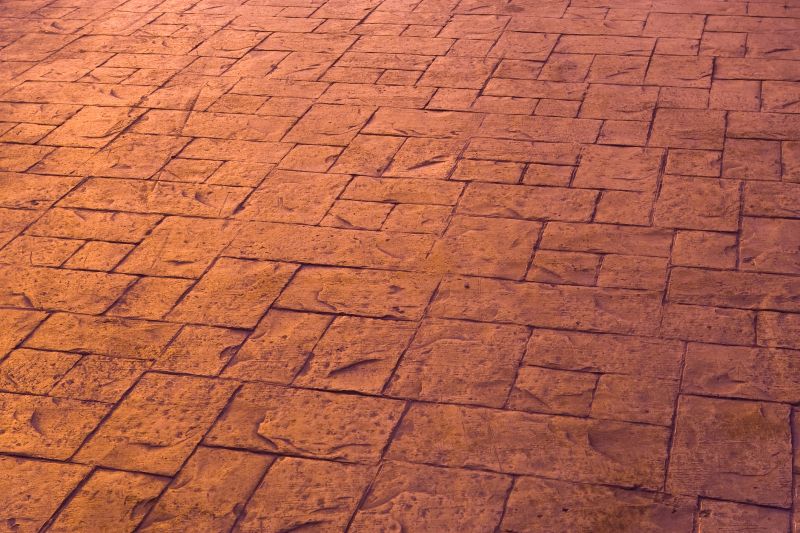
Coloring agents can be added to enhance visual appeal and replicate natural stone or brick tones.
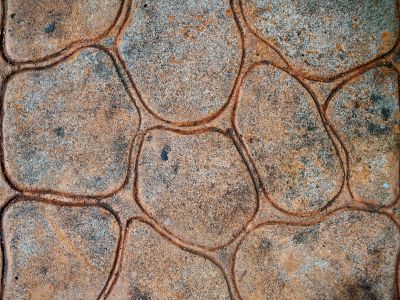
Properly installed stamped concrete offers resistance to weather, wear, and heavy traffic.
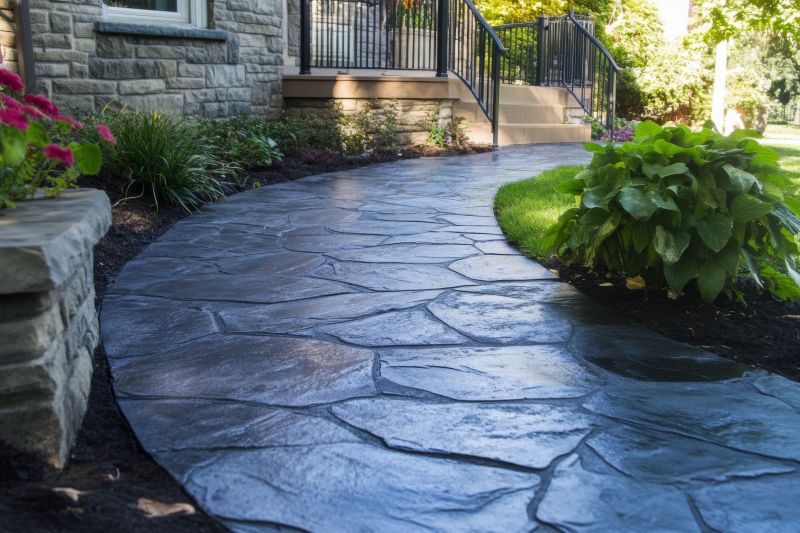
Custom designs and layouts can be created to complement architectural styles and landscape features.
| Season | Ideal Conditions |
|---|---|
| Spring | Moderate temperatures, low humidity, no frost |
| Summer | Early summer, temperatures between 70-80°F, low humidity |
| Fall | Cooler weather, dry conditions, low humidity |
| Winter | Cold temperatures, frost risk, generally not recommended |
| Rainy seasons | Avoid scheduling during periods of heavy rain |
Interested in stamped concrete services? Filling out the contact form provides an opportunity to discuss project details, schedule, and design options to suit specific preferences and needs.
Ways to make Stamped Concrete Service work in tight or awkward layouts.
Popular materials for Stamped Concrete Service and why they hold up over time.
Simple add-ons that improve Stamped Concrete Service without blowing the budget.
